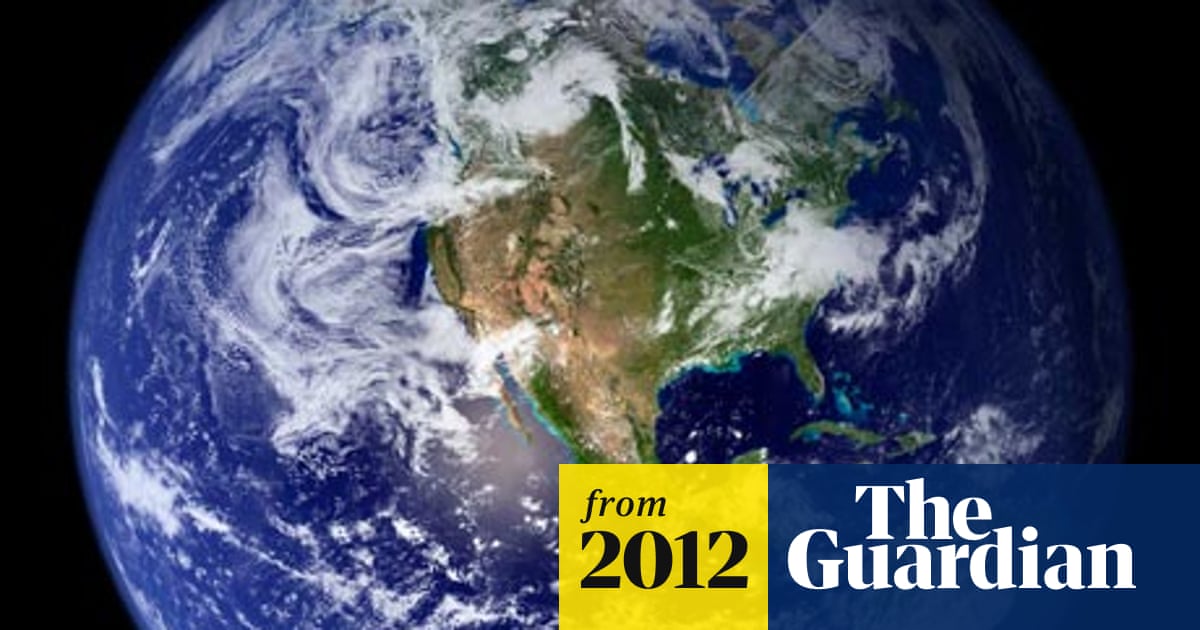Discussion - Should US taxpayer-funded research be open access (FRPAA 2012)?
Discussion - Should US taxpayer-funded research be open access
The US congress is considering legislation (Federal Research Public Access Act of 2012 - FRPAA) that all research funded by US taxpayer dollars be made available online for free, for everyone.
Background Information on FRPAA (link):
PLoS (Public Library of Science), one of the premier publishers of open access journals, posted an editorial yesterday calling for the US public to support this legislation.
In part, PLoS states (link):
For-profit scientific journals and publications want to restrict access to this publicly funded research and charged outrageous fees to view these research articles and data. If my tax dollars are paying for this research, then I ought to be able to view them for free without paying additional costs to some private publishing company.
What do you think?
Discussion - Should US taxpayer-funded research be open access
The US congress is considering legislation (Federal Research Public Access Act of 2012 - FRPAA) that all research funded by US taxpayer dollars be made available online for free, for everyone.
Background Information on FRPAA (link):
Congress last week introduced the Federal Research Public Access Act of 2012 (FRPAA), a bill that would mandate free public online access to taxpayer-funded research for all federal agencies with extramural research budgets over $100 million. The bill was introduced in identical versions in both the House and the Senate, staking out a position counter to the publisher-backed Research Works Act (RWA), a bill that would bar federal agencies from requiring public access as a condition of funding. It is the third time FRPAA has been introduced since 2006. . . .
If passed, FRPAA would require that each taxpayer-funded manuscript, whether funded whole or in part, be deposited in a government-maintained digital archive, and that each final paper be made freely available to the public online, no later than six months after the article has been published in a peer-reviewed journal.
?Americans have the right to see the results of research funded with taxpayer dollars,? said the bill?s sponsor in the House, Congressman Mike Doyle (D-PA), in a statement. In addition, Doyle said the measure would ?encourage broader collaboration? in the scientific community, and would ?lead to more innovative research outcomes and more effective solutions in the fields of biomedicine, energy, education, and health care.? . . .
?It was pretty amazing to see the issue's champions in the House and the Senate coordinate simultaneous introduction of identical bills,? Joseph told PW. ?Bipartisan and bicameral action in 2012, and on public access no less.?
If passed, FRPAA would require that each taxpayer-funded manuscript, whether funded whole or in part, be deposited in a government-maintained digital archive, and that each final paper be made freely available to the public online, no later than six months after the article has been published in a peer-reviewed journal.
?Americans have the right to see the results of research funded with taxpayer dollars,? said the bill?s sponsor in the House, Congressman Mike Doyle (D-PA), in a statement. In addition, Doyle said the measure would ?encourage broader collaboration? in the scientific community, and would ?lead to more innovative research outcomes and more effective solutions in the fields of biomedicine, energy, education, and health care.? . . .
?It was pretty amazing to see the issue's champions in the House and the Senate coordinate simultaneous introduction of identical bills,? Joseph told PW. ?Bipartisan and bicameral action in 2012, and on public access no less.?
In part, PLoS states (link):
We invite you to take part in a campaign of direct action to let congress know that we support broader access to research. The Alliance for Taxpayer Access (ATA) has many different ways for you to get involved (and they make it easy to participate):
Ask your representative to co-sponsor FRPAA
Thank the representatives that re-introduced the bill
Ask your organization to write a letter in support of the bill or make a public statement about it
Sign the ATA petition
Show everyone that you care by displaying the I support Public Access banner
Like SPARC?s Facebook Page and follow them on Twitter, then share with your friends and followers
Remember, the more you do the more congress will know how we feel, so let?s get busy in support of FRPAA!
Ask your representative to co-sponsor FRPAA
Thank the representatives that re-introduced the bill
Ask your organization to write a letter in support of the bill or make a public statement about it
Sign the ATA petition
Show everyone that you care by displaying the I support Public Access banner
Like SPARC?s Facebook Page and follow them on Twitter, then share with your friends and followers
Remember, the more you do the more congress will know how we feel, so let?s get busy in support of FRPAA!
What do you think?




Comment